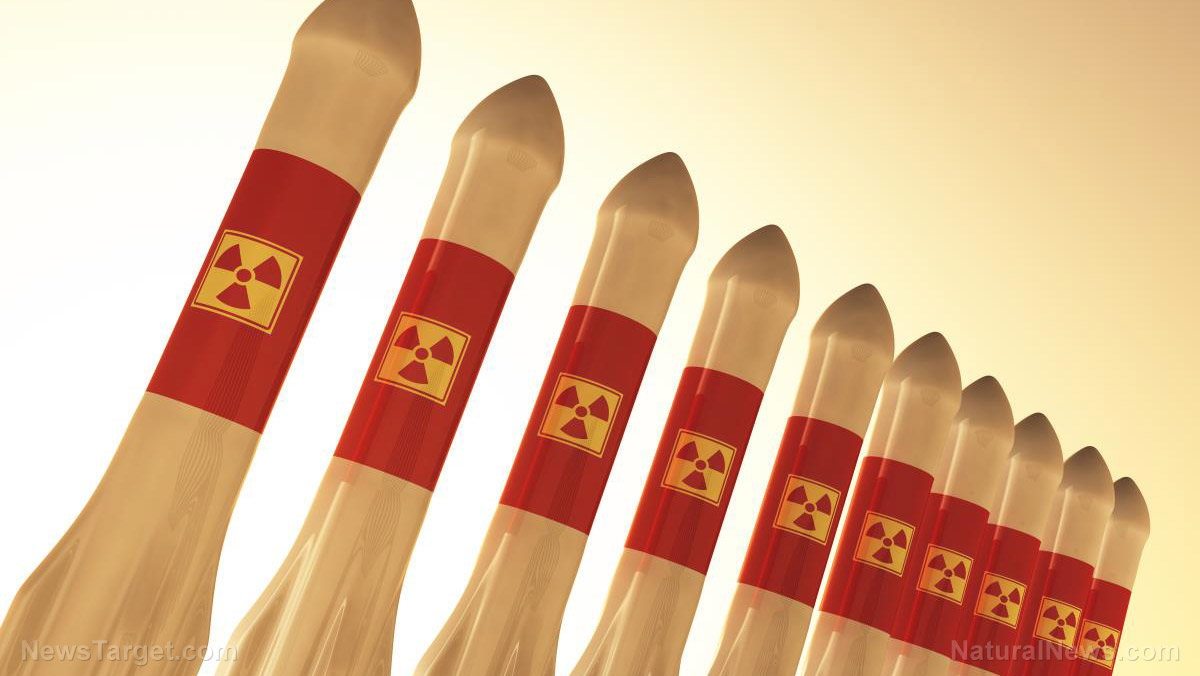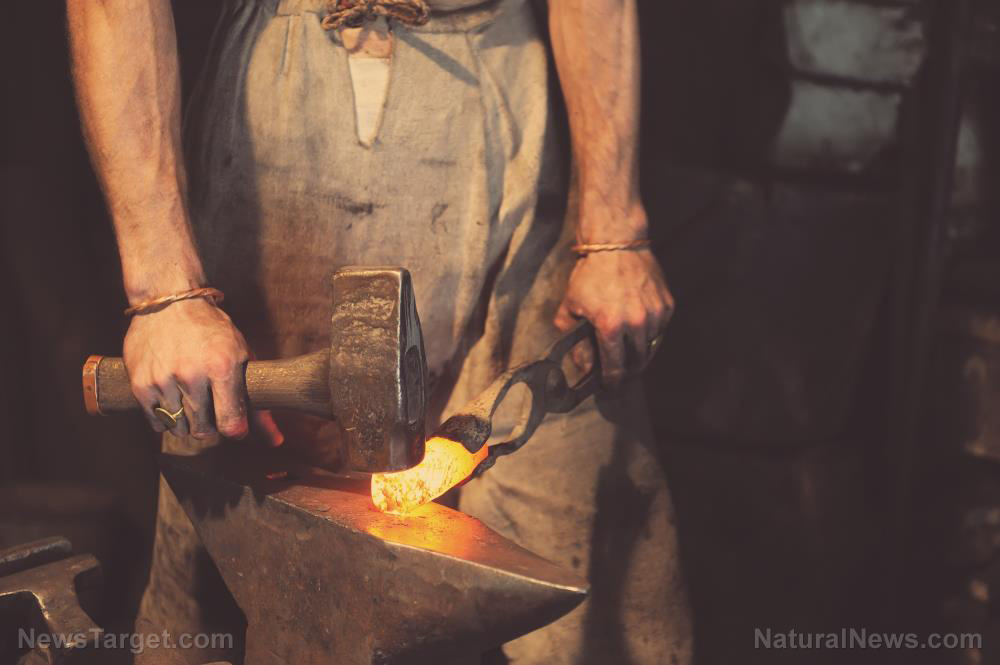 Parler
Parler Gab
Gab
Increased Chinese nuclear capabilities could lead to more aggression against Taiwan
The Pentagon's report warned that a narrowing gap between American and Chinese nuclear capabilities could mean a higher risk of retaliation should Washington defend its allies in the Asia-Pacific region, especially Taiwan. Chinese President Xi Jinping has vowed to bring Taiwan under its control, by force if necessary. Xi has given his military until 2027 to develop the military capability to retake the democratic island nation that the Chinese Communist Party (CCP) claims as its own territory under communist control. "If realized, this 2027 objective could give the [People's Liberation Army] capabilities to be a more credible military tool for the [CCP] to wield as it pursues Taiwan unification," wrote the Pentagon in its report. While the Pentagon did not see an invasion of Taiwan imminent, the department does believe China will ramp up its intimidation tactics, which will likely come to a head by Taiwan's next presidential election in 2024, when President Tsai Ing-wen, a very vocal opponent of unification, is set to vacate power due to term limits. The Pentagon's report noted that China regularly engages in "intimidating behavior, whether the sort of rhetorically or in terms of military displays" leading up to such votes. The Pentagon concluded its report by pointing out that China remains the greatest national security challenge for the United States. The department added that the threat from Beijing should determine how to equip, train and shape the U.S. Armed Forces for the future. Watch this news clip discussing Navy Adm. Charles Richard, commander of America's nuclear weapons program, sounding the alarm about the pace of China's expansion of its own nuclear program. This is from the channel Chinese Taking Down Evil CCP on Brighteon.com.More related stories:
Pentagon: China on track to have 1,500 nuclear warheads within 13 years. RED ALERT: America's military being GUTTED in preparation for Chinese military INVASION of the West Coast… USA has just 300 land missiles in its entire arsenal. US national security at significantly greater risk due to "breathtaking expansion" of Chinese nuclear arsenal. Top Chinese diplomat: China must make first nuclear strike against US. China pushes for expansion of its nuclear arsenal, braces for nuclear showdown with US military. Sources include: BigLeaguePolitics.com APNews.com Asia.Nikkei.com Reuters.com Brighteon.comGen. Flynn: Digital vax card and digital currency are coming soon
By Kevin Hughes // Share
Chinese activist protests against Apple’s censorship, collusion with Beijing
By Belle Carter // Share
Study: 74 Metric tons of microplastics present in coastal New Zealand city’s atmosphere
By Belle Carter // Share
2 Women sue Apple after their exes use AirTags to STALK them
By Ramon Tomey // Share
Governments continue to obscure COVID-19 vaccine data amid rising concerns over excess deaths
By patricklewis // Share
Tech giant Microsoft backs EXTINCTION with its support of carbon capture programs
By ramontomeydw // Share
Germany to resume arms exports to Israel despite repeated ceasefire violations
By isabelle // Share










